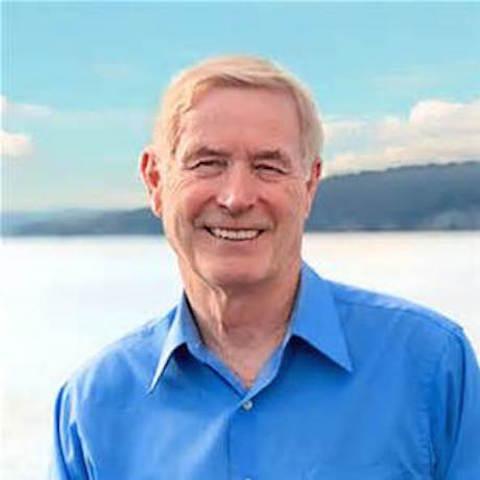
On Sept. 19 at 4:45 p.m. in Schaefer Hall room 106, St. Mary’s College of Maryland will welcome Anthony Hey, former vice president of Microsoft Research Connections for a lecture on the future of artificial intelligence and computing. This event, part of the Natural Science and Mathematics colloquium series, is free of charge and open to the public.
Tony Hey began his career as a theoretical physicist with a doctorate in particle physics from the University of Oxford in the United Kingdom. After a career in physics that included research positions at Caltech and CERN, and a professorship at the University of Southampton in England, he became interested in parallel computing and moved into computer science. In the 1980s, he was one of the pioneers of distributed memory message-passing computing and co-wrote the first draft of the successful MPI message-passing standard.
After being both head of department and dean of engineering at Southampton, Hey was appointed to lead the U.K.’s ground-breaking eScience initiative in 2001. He recognized the importance of big data for science and wrote one of the first papers on the data deluge in 2003.
He joined Microsoft in 2005 as a vice president and was responsible for Microsoft’s global university research engagements. He worked with Jim Gray and his multidisciplinary eScience research group and edited a tribute to Gray called “The Fourth Paradigm: Data-Intensive Scientific Discovery.” Hey left Microsoft in 2014 and spent a year as a Senior Data Science Fellow at the eScience Institute at the University of Washington. He returned to the UK in November 2015 and is now chief data scientist at the Science and Technology Facilities Council.
In 1987, Hey was asked by Caltech Nobel Physicist Richard Feynman to write up his lectures on computation. This covered such unconventional topics as the thermodynamics of computing as well as an outline for a quantum computer. Feynman’s introduction to the workings of a computer in terms of the actions of a ‘dumb file clerk’ was the inspiration for Hey’s attempt to write “The Computing Universe,” a popular book about computer science. Hey is a fellow of the AAAS and of the UK's Royal Academy of Engineering. In 2005, he was awarded a Commander of the Order of the British Empire by Prince Charles for his services to science
